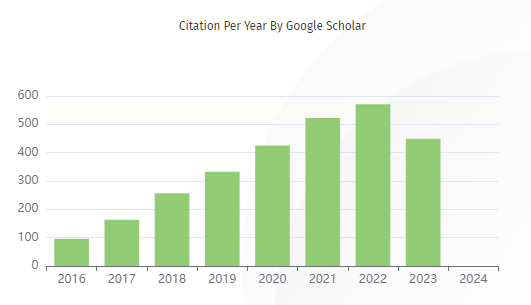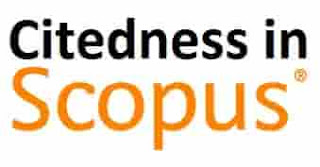Equality between project stakeholders: Reality or Myth?
Abstract
Traditional project management principles strongly emphasize the triple constraints: time, cost and quality. The new paradigm, however, includes people, who remain the focus of all activities. The aim of this paper is to examine the result of a current research in Indonesia where a standard International Construction Contract is applied in the infrastructure sector because it was financed by multilateral agencies. Project people from those stakeholders groups were interviewed to collect their perceptions about the value of time, quality and cost aside from the issues of international contruction contract and project leadership. Initially, Owners, Designers, and Contractors were targeted. Use of the theoretical sampling process determined the need to target a second set of respondents. A construtivist ontology, interpretive epistemology and qualitative methodology were adopted. In-depth interviews were held with twenty-seven respondents from the stakeholder groups. Initial findings emerged concept that were then presented to expert from the Owner, Industry and University. Using constructivist paradigm, two major emerging constructs appeared from the respondents. The findings lead to the suggestion that modifications are needed to enhance the existing triple constraints in project management: time, quality and cost. The model of P & LESS was derived from the respondents. This embeds the elements of People, namely Leadership, Ethic, and Social Status with the time, quality and cost schema of project management. With this new concept, people and their elements would be more taken into consideration by the project stakeholders in securing the project success. Preliminary findings have shown that there are significant in the literature as opposed to practices in the real world of project implementation. This paper challenges the quantitative, technical, outcome based approach as unitary in nature. It presents a different view or paradigm that adds, as a central focus, the ‘people’ connection to time, quality and cost. It suggests that the importance of various aspects of people should also be taken into serious consideration in the evolution of project management, not only as a technical tool but more importantly as a field of knowledge required to solve organizational problems. When operating in another culture, relational aspects become a central focus.
Â
Keywords:Â people, equality, project stakeholders
Downloads
Downloads
Submitted
Published
How to Cite
Issue
Section
License

This work is licensed under a Creative Commons Attribution-NonCommercial-ShareAlike 4.0 International License. Copyright @2023. This is an open-access article distributed under the terms of the Creative Commons Attribution-NonCommercial-ShareAlike 4.0 International License (http://creativecommons.org/licenses/by-nc-sa/4.0/) which permits unrestricted non-commercial used, distribution and reproduction in any medium.

















